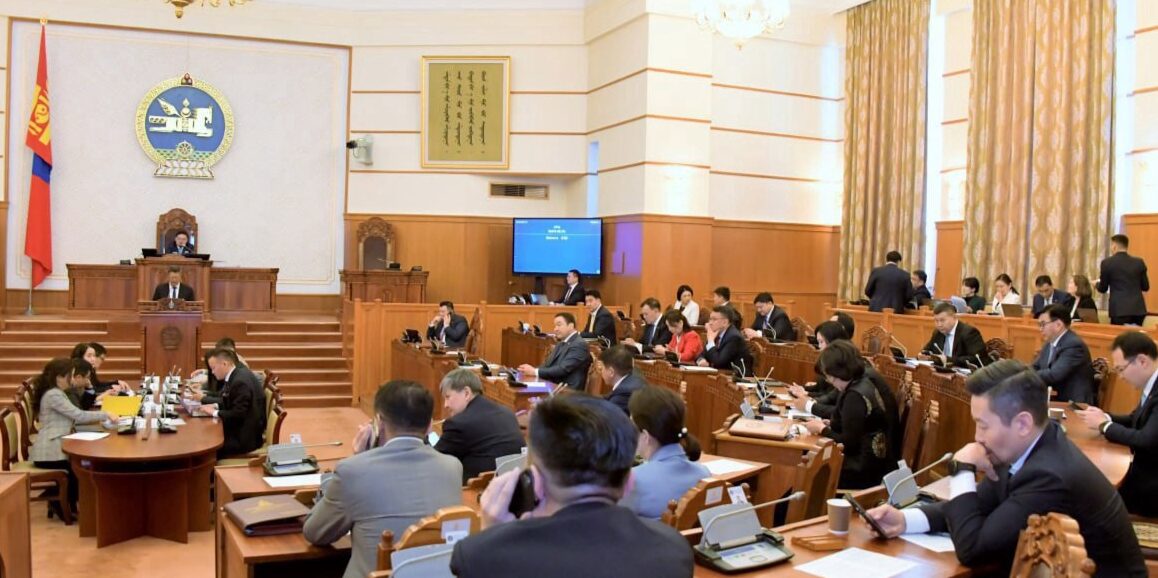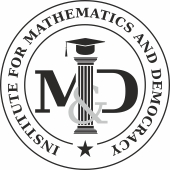Math Meets Politics in The Parliament of Mongolia
Concerned with Mongolian electoral system reform, IMD affiliate Dr. Uuganbaatar Ninjbat recently authored a paper exploring mathematically sound ways to achieve a more stable democracy. Dr. Ninjbat, a professor at National University of Mongolia, spent a month in the Mongolian parliament conducting his research.
A mismatch between vote and seat distributions meant that votes mattered to varying degrees across the country. Based on issues identified in the election process, Dr. Ninjbat and his collaborators developed proposals for a restructuring of the government. This research demonstrates the ways quantitative analysis of political systems can help us work toward fairer democracies across the globe. Congratulations, Dr. Ninjbat!
See the abstract and a link to the full paper below.
This paper reflects on an experience of a research scientist meeting with actual politics. Such cases are not rare, but their reflections are so. The meeting took place in the context of electoral system reform and the author was consulted by the Government as an expert. Main conclusions are that even if there is a room for science in politics, the actual politics requires adaptability, flexibility in contrast to the exactness that we look after in science. Moreover, while access to information, man-power and financial resources are perceived as constraining factors in research, time is the most pressing issue in politics. While a scientist seeks correctness, a politician seeks public approval. However, both require a rather detailed analysis of the situation. It also argues that there is a wide room for mathematical analysis in pressing issues surrounding electoral systems. As examples, it gives two results which directly relate to design and evaluation of such systems.
https://drive.google.com/file/d/1a0LqTThoyzLAVihZa_ts1L3ZVav2bYm2/view?usp=sharing



